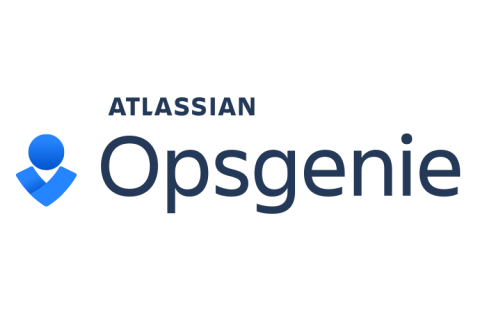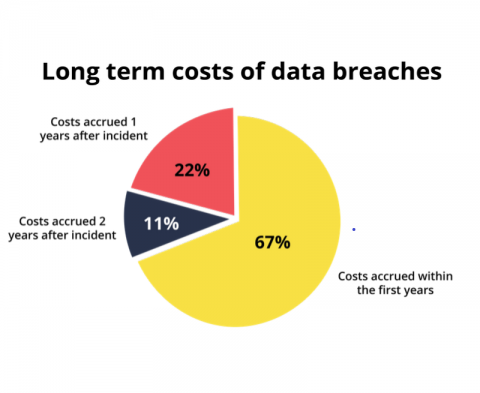Introducing a brand-new look for Statuspage
Here at Statuspage, we take pride in helping you communicate proactively to customers during a service outage. We also believe that during moments of stress times, the tools you rely on should be simple, intuitive, and easy to use. Using simplicity as our guide, we’ve updated the design of the Statuspage management portal. We kept things organized much as before, keeping the focus on what’s most important – helping you create and update incident communications.










